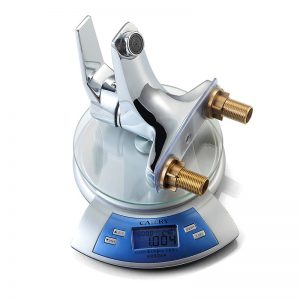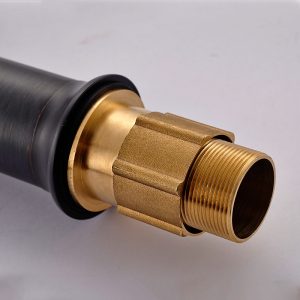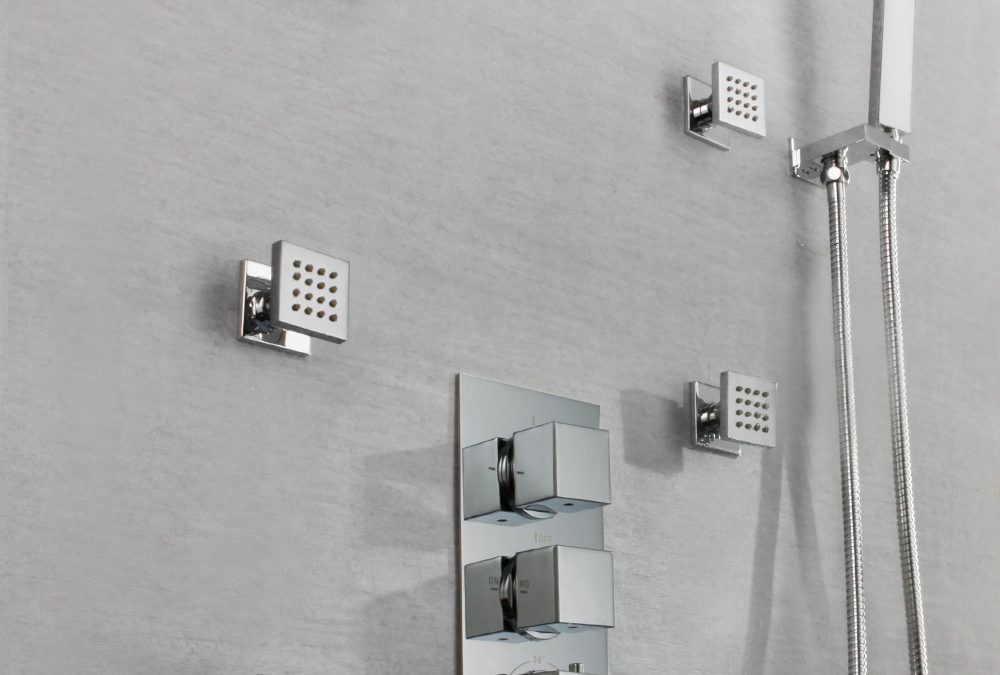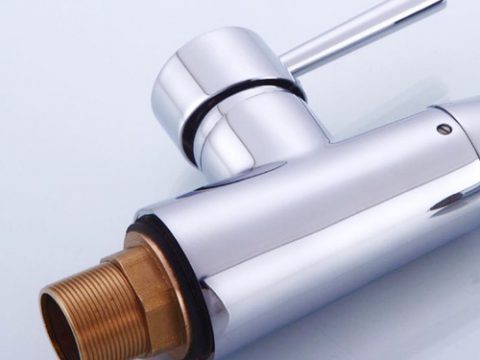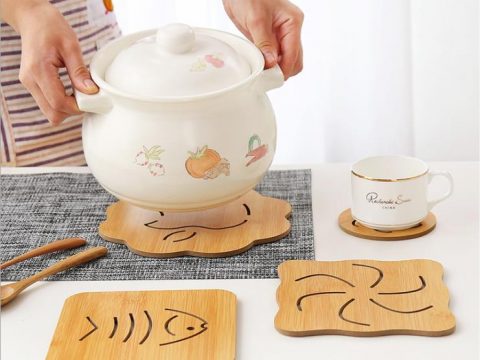- Contact us now!
- +86 18868944843
- ken@nbthe.com
Wool socks and skin sensitivity gentle on feet
Wool socks are often considered gentle on the feet and are a popular choice for individuals with skin sensitivity. Here are several reasons why wool socks are gentle and comfortable for most people:
Natural Fiber: Wool is a natural fiber derived from sheep’s fleece. Unlike synthetic materials that may cause skin irritation, wool is less likely to trigger allergic reactions in most individuals.
- Soft and Smooth: High-quality wool socks have fine and soft fibers that feel smooth against the skin. The fibers are carefully processed and often treated to minimize any potential roughness.
- Moisture-wicking: Wool’s moisture-wicking properties keep the feet dry and reduce the likelihood of chafing or irritation caused by dampness and sweat.
- Breathability: Wool is breathable, allowing air to circulate around the feet. This ventilation helps maintain a comfortable temperature and reduces the risk of moisture buildup, which can contribute to skin irritation.
- Hypoallergenic: In general, wool is considered hypoallergenic, meaning it is unlikely to cause allergic reactions. However, as with any natural material, individual sensitivities may vary. If you have a known allergy to wool, it’s essential to choose alternative materials for your socks.
- Temperature Regulation: Wool has excellent thermal properties, providing warmth in cold weather and maintaining a comfortable temperature in varying conditions. This helps prevent extreme changes in foot temperature, which can be harsh on sensitive skin.
- Cushioning and Support: Many wool socks come with additional cushioning and arch support, offering enhanced comfort and reducing pressure on sensitive areas of the feet.
- Less Irritating Dyeing Process: High-quality wool socks often use natural or low-impact dyes, which can be less irritating to the skin compared to synthetic dyes used in some other fabrics.
However, it’s essential to keep in mind that individual sensitivities can vary. While wool is generally gentle on the feet, some people may still experience sensitivity or allergies to lanolin or other components of wool. If you have known sensitivities to wool or any other material, it’s best to test a small area or consult with a dermatologist before wearing wool socks regularly.
Additionally, not all wool socks are made equal. Cheaper wool socks may be made from coarser wool fibers, which can potentially cause some discomfort. Investing in high-quality, properly processed wool socks can greatly enhance the comfort and gentleness on your feet.
